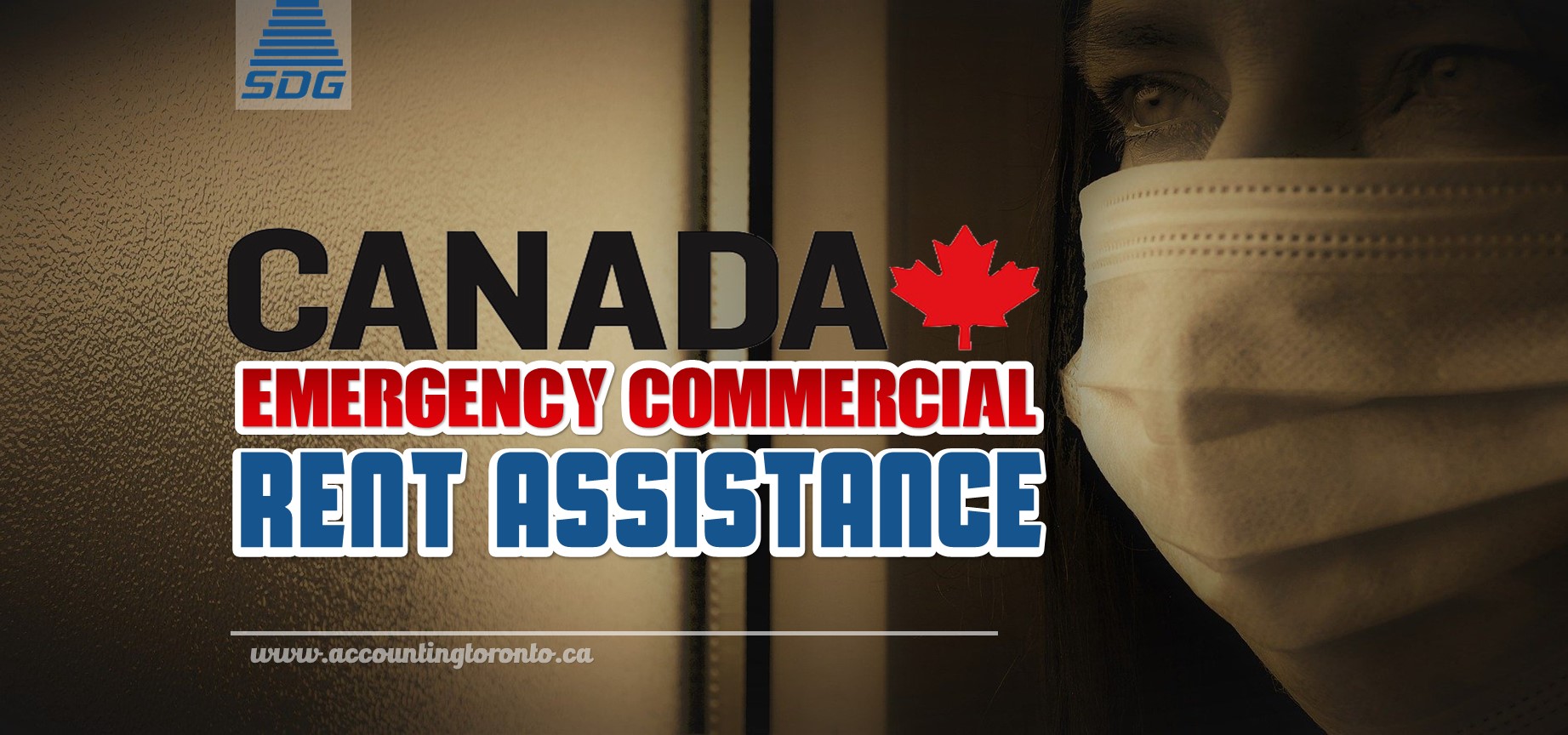
It is a harsh reality that the impact of COVID-19 on small businesses is devasting. The small business owners due to the shortage of cash flow have been forced to shut down operations and lay off the employees.
The backbone of the country is broken and shattered and is in much need of public support and government assistance. The government of Canada and provincial and territorial partners are talking of taking strong, immediate, and effective action to protect Canadians, especially small businesses from the impacts of the COVID-19 pandemic.
Prime Minister, Justin Trudeau, announced that the federal government has reached an agreement in principle with all provinces and territories to implement the Canada Emergency Commercial Rent Assistance (CECRA) for small businesses. This program is meant to lower rent costs by 75 percent for small businesses that have been affected by COVID-19.
Key Facts on Canada Emergency Commercial Rent Assistance (CECRA)
- The Canada Mortgage and Housing Corporation will administer and deliver the CECRA, a collaboration between the federal government and provincial and territorial governments, which are responsible for property owner-tenant relationships.
- Provinces and territories have agreed to share total costs and facilitate the implementation of the program. They will share up to 25 percent of costs, subject to terms of agreements with the federal government.
- It is expected that CECRA will be operational by mid-May, with commercial property owners lowering the rents of their small business tenants payable for the months of April and May, retroactively, and for June.
- Under a rent forgiveness agreement, which includes a moratorium on eviction, the mortgaged commercial property owner would reduce the small business tenant’s monthly rent by at least 75 percent. The tenant would be responsible for covering 25 percent, the property owner 25 percent, while the federal government and provinces would share the remaining 50 percent. The forgivable loans are being disbursed directly to the mortgage lender.
Only those small businesses with less than $50,000/month in revenue and who have “temporarily” ceased operations or have experienced at least a 70% drop in revenues will be eligible for the Canada Emergency Commercial Rent Assistance (CECRA) benefit. It is important to note here that the drop-in revenue to avail of the Canada Emergency Wage Subsidy (CEWS) is in comparison only 30%. Thus, the intention of the government here is to aid the businesses that are suffering the most.
Let’s analyze the benefit that is available to a small business with the help of the below example and see if it is of any actual use:
Rent payable by the small business (‘tenant’): $1000
Other Miscellaneous costs payable (Maintenance, Parking, etc., GST on the above) = $1500
Total Cash Outflow from the tenant = $2500
The percentage covered = 75% i.e. $750 (50% by the government i.e. $500 & 25% by the landlord i.e. 250$)
It is important to note that the government will pay the landlord $500 only if the landlord agrees to forego $250.
In the above scenario, the net cost to the small business is $250 (share of rent payable) +$1500 (other miscellaneous costs) i.e. $1750 and the cost to the landlord is $250.
It is yet to be seen if any landlord will be eager to forego 25% as they might also have bills to pay and further submission of any legal documents to the government might also increase the chances of an audit at a later stage; a risk no business would like to take.
The stand of the government on reducing the other miscellaneous costs to the tenant is not yet clear as those charges account for a major portion of the rent outflow. Thus, at this stage understanding how the government wants to protect the tenants and what portion it wants to cover is important.
With more details currently awaited, it is important to get in touch with the best accounting and tax team at SDG Accountant to know more about how this benefit can be applied to your business in these tough times!
The information is not intended to constitute professional advice and may not be appropriate for a specific individual or fact situation. It is written by the author solely in their personal capacity and cannot be attributed to the accounting firm with which they are affiliated. It is not intended to constitute professional advice, and neither the author nor the firm with which the author is associated shall accept any liability in respect of any reliance on the information contained herein. Readers should always consult with their professional advisors in respect of their particular situations.
— Kanav Behal

